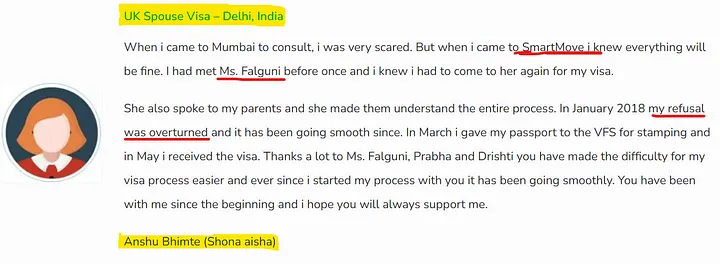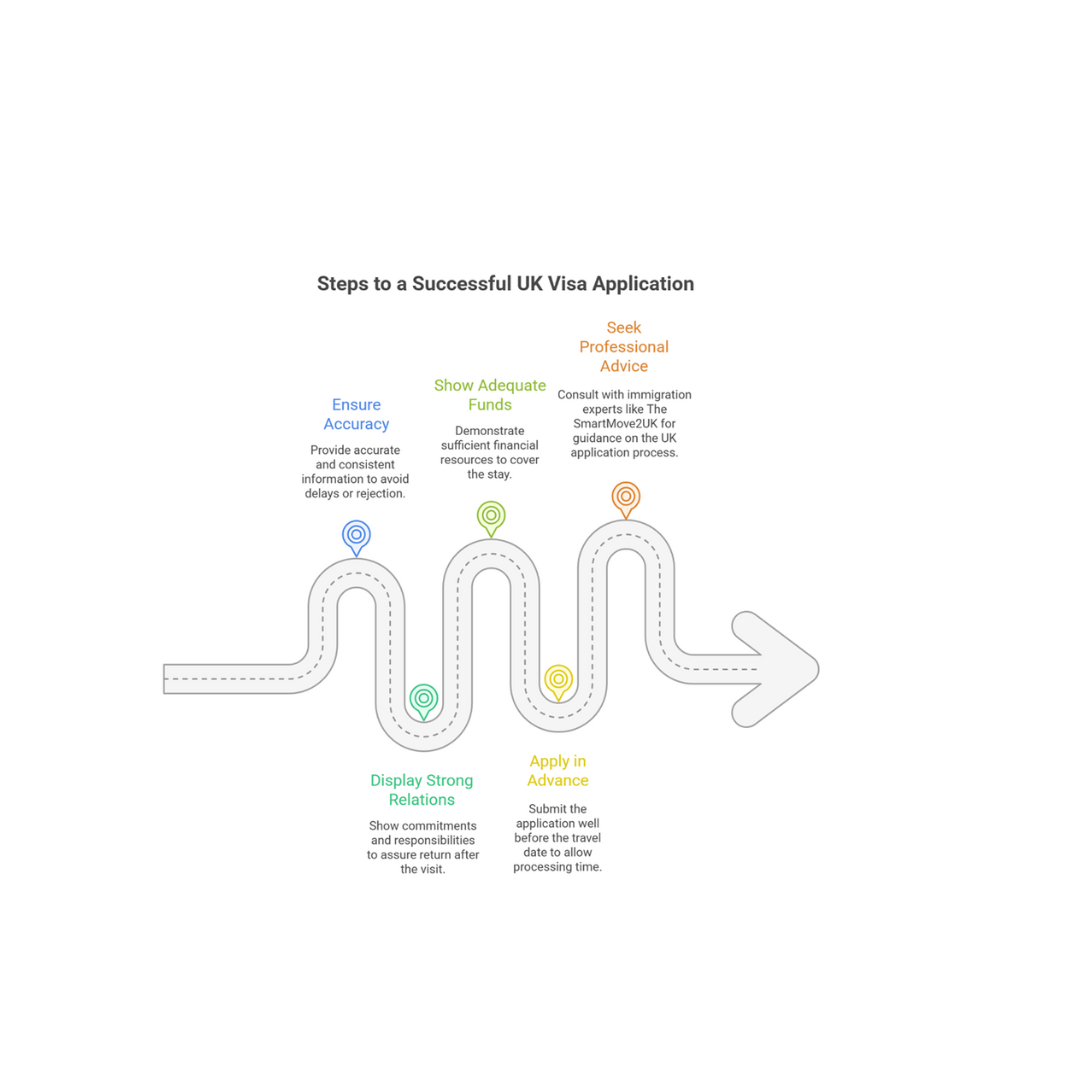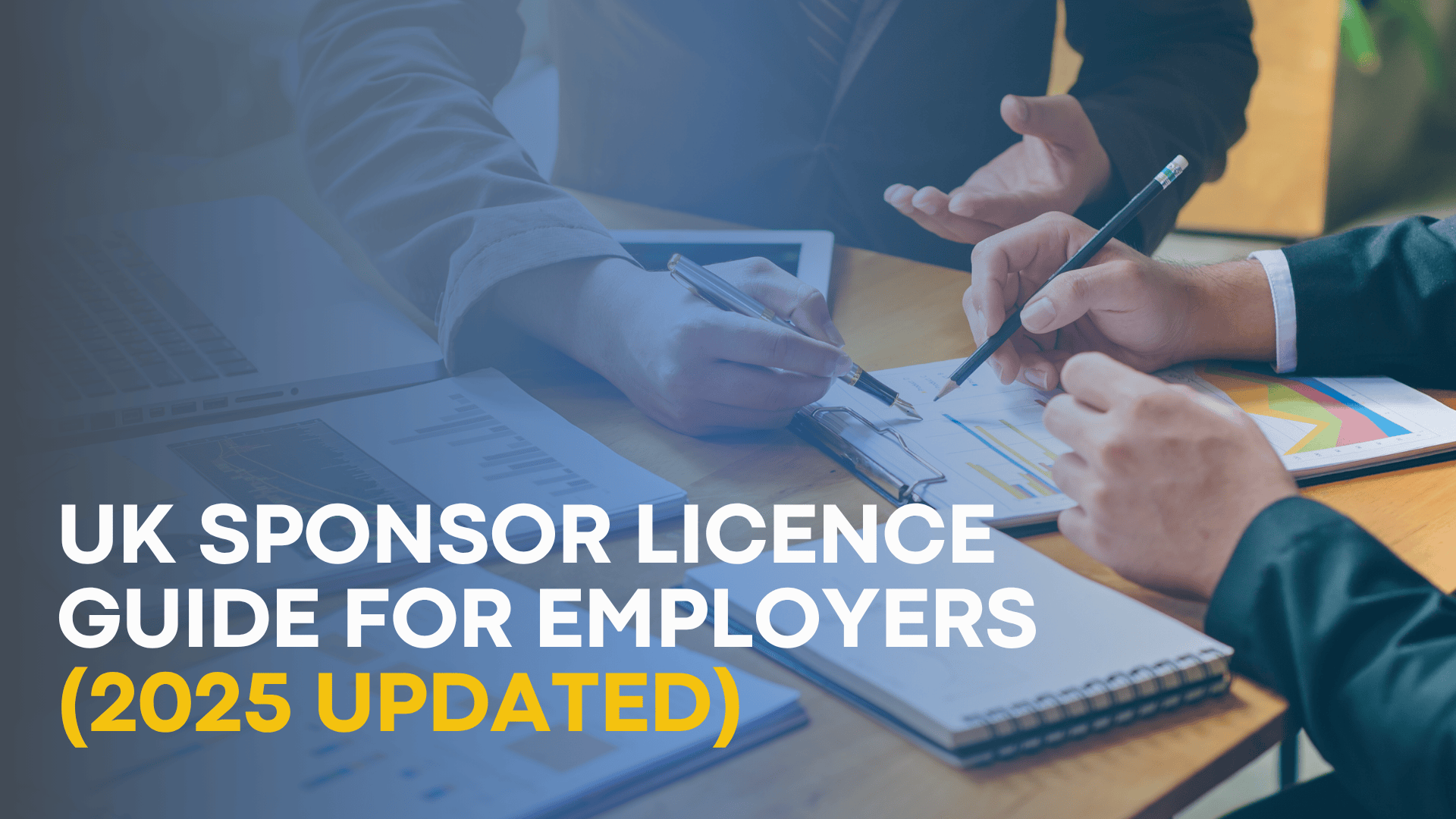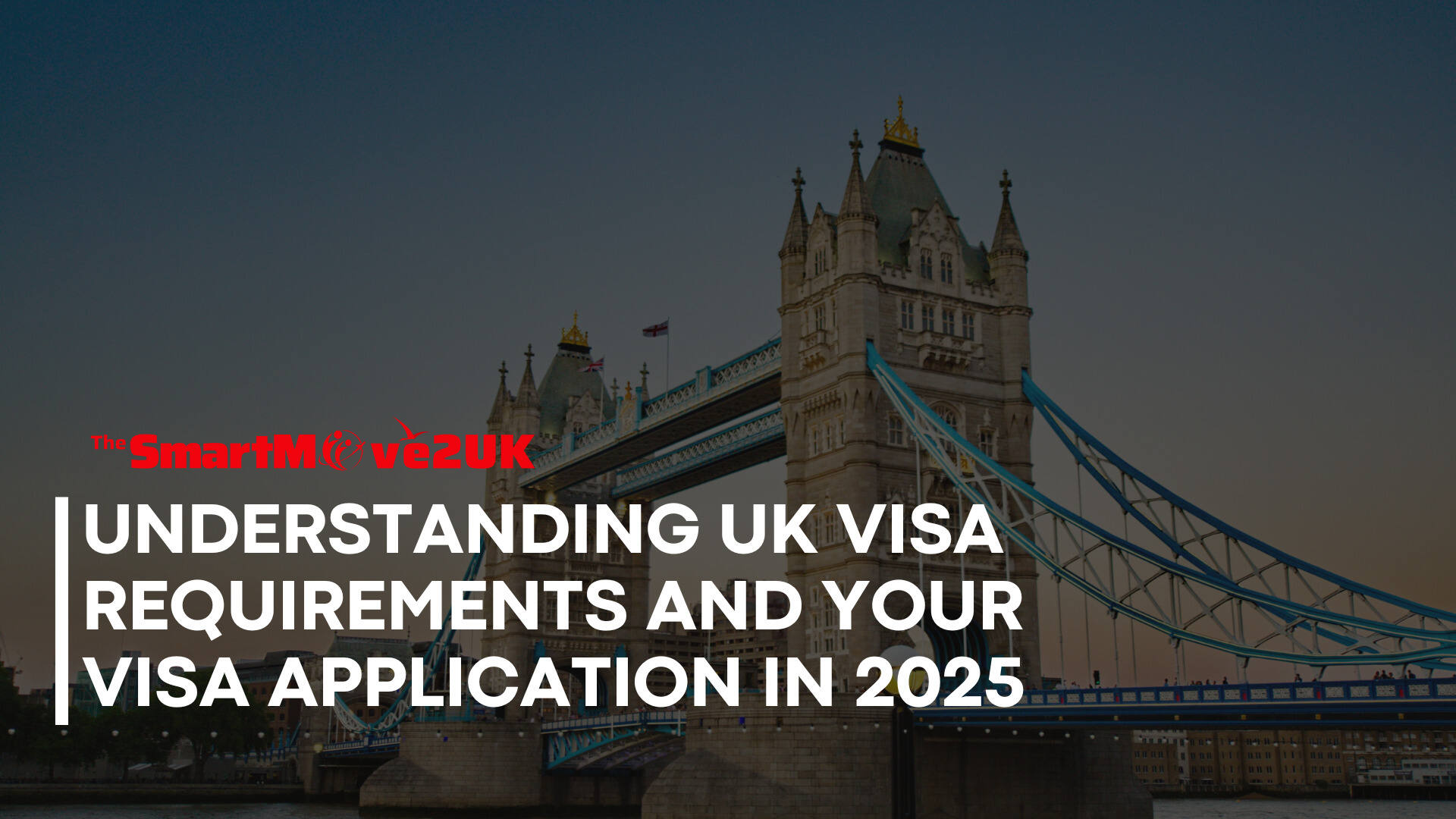 Real Blogger Outreach – Powerful Links. Zero Spam.
Real Blogger Outreach – Powerful Links. Zero Spam.
UK Visa Refused? Know your best options: Administrative Review, Appeal, or Reapplication?
Written by The SmartMove2UK » Updated on: June 17th, 2025 216 views

Introduction
It might be very disheartening to have your UK visa denied, but it's not necessarily the end of the story.
Depending on the particular circumstances behind your UK visa refusal, there are several possible avenues to pursue, each with unique complexities and appropriateness.
Understanding UK Visa Refusal
A critical first step is to carefully review the UK Visas and Immigration (UKVI) denial letter.
This paper serves as a road map for your next steps by outlining the precise reasons why your UK visa application was rejected.
Understanding these factors in detail is crucial since they serve as the cornerstone of every subsequent UK visa application action.
options after UK visa refusal
Following a UK visa refusal, you may have the following options:
- UK Visa Administrative Review
- UK Visa Appeal
- UK visa Reapply
1. UK Visa Administrative Review:
The decision is examined for any case-working mistakes through this internal UKVI process.
A decision is usually made within 28 days, making it a faster option than an appeal.
However, unless expressly requested, the scope for presenting fresh evidence is restricted.
Certain visa categories, such as student visas, short-term work visas, skilled worker visas, and certain Tier 1 visas, are subject to administrative assessment.
2. UK Visa Appeal
An impartial tribunal reviews the ruling in this official legal procedure.
The panel may not render a decision for several months. New material supporting your UK visa case might be submitted through the appeals procedure.
Appeals are restricted to particular circumstances, such as denials pertaining to human rights claims, the EU Settlement Scheme, and specific asylum or protection petitions.
3. UK visa Reapply or Reapplication
This entails reapplying with updated documentation, the visa cost, and a direct response to the reasons for the prior denial of a UK visa.
Reapplying usually doesn't have a waiting time, but it's important to address the problems mentioned in the letter of rejection before doing so.
Choosing the Right Path After Your UK Visa refusal
The most suitable option hinges on the grounds for refusal and the specific details outlined in your UK visa refusal letter.
Seeking guidance from an immigration lawyer like The Smartmove2UK can be invaluable, especially in complex cases or instances of multiple refusals.
Key Considerations When Reapplying your UK Visa
Time:
While there isn't a mandatory waiting period, rushing into a reapplication without resolving the issues can lead to another UK visa refusal.
So, Take the time to gather and present stronger evidence.
Addressing Refusal Reasons:
Particularly address each reason for refusal, providing updated documentation, clarifying any inconsistencies, and demonstrating how you have rectified the issues.
Additional Evidence:
Include new and more compelling evidence, such as updated financial statements, employment verification, or proof of ties to your home country, to strengthen your UK visa application.
Interview Preparation:
If an interview is required, be prepared to discuss the reasons for the previous visa refusal and confidently speak how you have addressed them.
Professional Guidance:
Navigating the complications of UK visa reapplications or appeals can be overwhelming.
Seeking expert advice from the UK immigration specialist solicitor can be crucial.
These professionals possess the expertise to:
- Assess Your Situation: Determine the most suitable path forward - administrative review, appeal, or reapplication - based on the specifics of your refusal.
- Guide You Through the UK visa Process: Help you understand the intricacies of each option and provide support in preparing a robust application or appeal.
- Increase Your Chances of Success: Speak up for yourself and make a compelling argument to the appropriate authorities.
- Moving Forward: Remember, a UK visa refusal doesn't have to be the end of your UK aspirations.

By understanding the UK refusal reasons, taking appropriate action, and potentially seeking expert guidance from The SmartMove2UK, you can increase your chances of achieving a successful outcome.
UK Visa Refusal FAQ
What should I do if my UK visa application is refused?
Don't give up!
Your dreams of moving to the UK are not over if your visa is denied. Examine your UKVI denial letter carefully to learn the precise grounds for the rejection.
This will direct your subsequent actions. Administrative Review, Appeal, or Reapplication are your three main alternatives.
What is an Administrative Review and is it right for me?
An internal UKVI procedure called Administrative Review examines your application for case-working errors. It provides little opportunity to provide fresh information, although it is faster than an appeal (typically concluded within 28 days).
Certain visa types, such as student visas, short-term work visas, skilled worker visas, and certain Tier 1 visas, offer this option.
What is the process for appealing a UK visa refusal?
A formal legal procedure known as an appeal is used to have an impartial tribunal assess the UKVI ruling. A ruling may not be received for several months.
You can present fresh evidence to strengthen your position, unlike in Administrative Review.
Only particular circumstances may be appealed, such as human rights concerns, denials of EU Settlement Scheme applications, and specific protection or asylum petitions.
Can I reapply for a UK visa after a refusal?
Yes, you can reapply at any time.
There's no mandatory waiting period but rushing into a reapplication without addressing the initial refusal reasons can lead to another rejection.
Take time to rectify the issues, gather stronger evidence, and submit a new application with the visa fee.
How can I improve my chances of success when reapplying a UK visa?
To increase your chances of a successful reapplication:
- Address each refusal reason meticulously: Provide updated documentation, clarify any inconsistencies, and demonstrate how you've rectified the issues.
- Include additional compelling evidence: Strengthen your application with new evidence like updated financial statements, employment verification, or stronger proof of ties to your home country.
- Prepare thoroughly for your interview (if required): Confidently articulate how you've addressed the previous refusal reasons.
When is it beneficial to seek professional help for a UK visa refusal?
Navigating the complexities of UK visa reapplications or appeals can be overwhelming. Consulting an immigration lawyer or consultant is especially valuable for complex cases or multiple refusals. They can:
- Assess your situation: Determine the best path forward – Administrative Review, Appeal, or Reapplication – based on the specifics of your refusal.
- Guide you through the process: Help you understand the intricacies of each option and assist in preparing a robust application or appeal.
- Increase your chances of success: Advocate on your behalf and present a strong case to the relevant authorities.
What are the key takeaways from a UK visa refusal?
A visa refusal is not the end. By understanding the reasons for the refusal, taking appropriate action, and potentially seeking expert guidance, you can significantly increase your chances of achieving a successful outcome.
Note: IndiBlogHub features both user-submitted and editorial content. We do not verify third-party contributions. Read our Disclaimer and Privacy Policyfor details.
Copyright © 2019-2025 IndiBlogHub.com. All rights reserved. Hosted on DigitalOcean for fast, reliable performance.

















